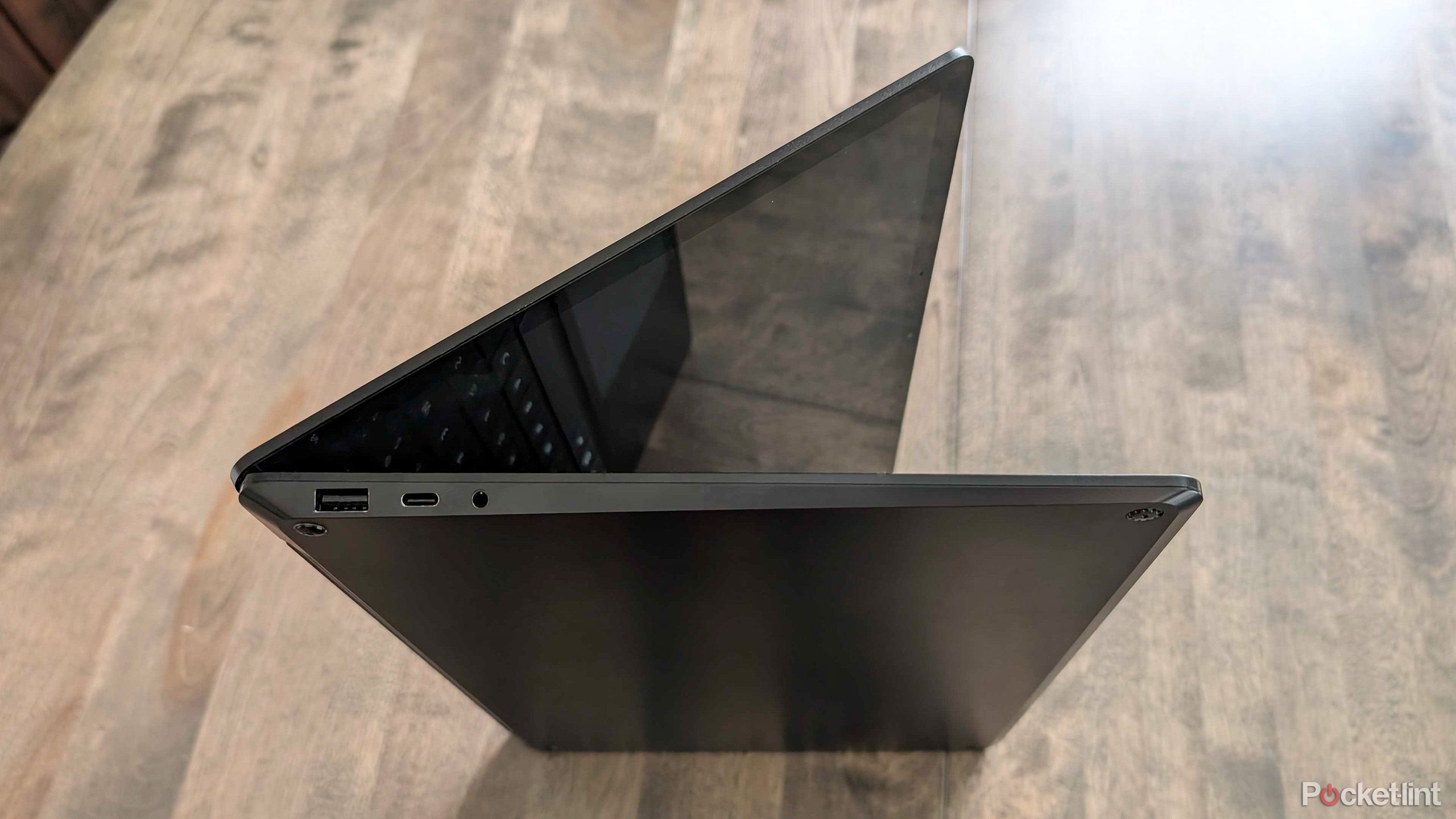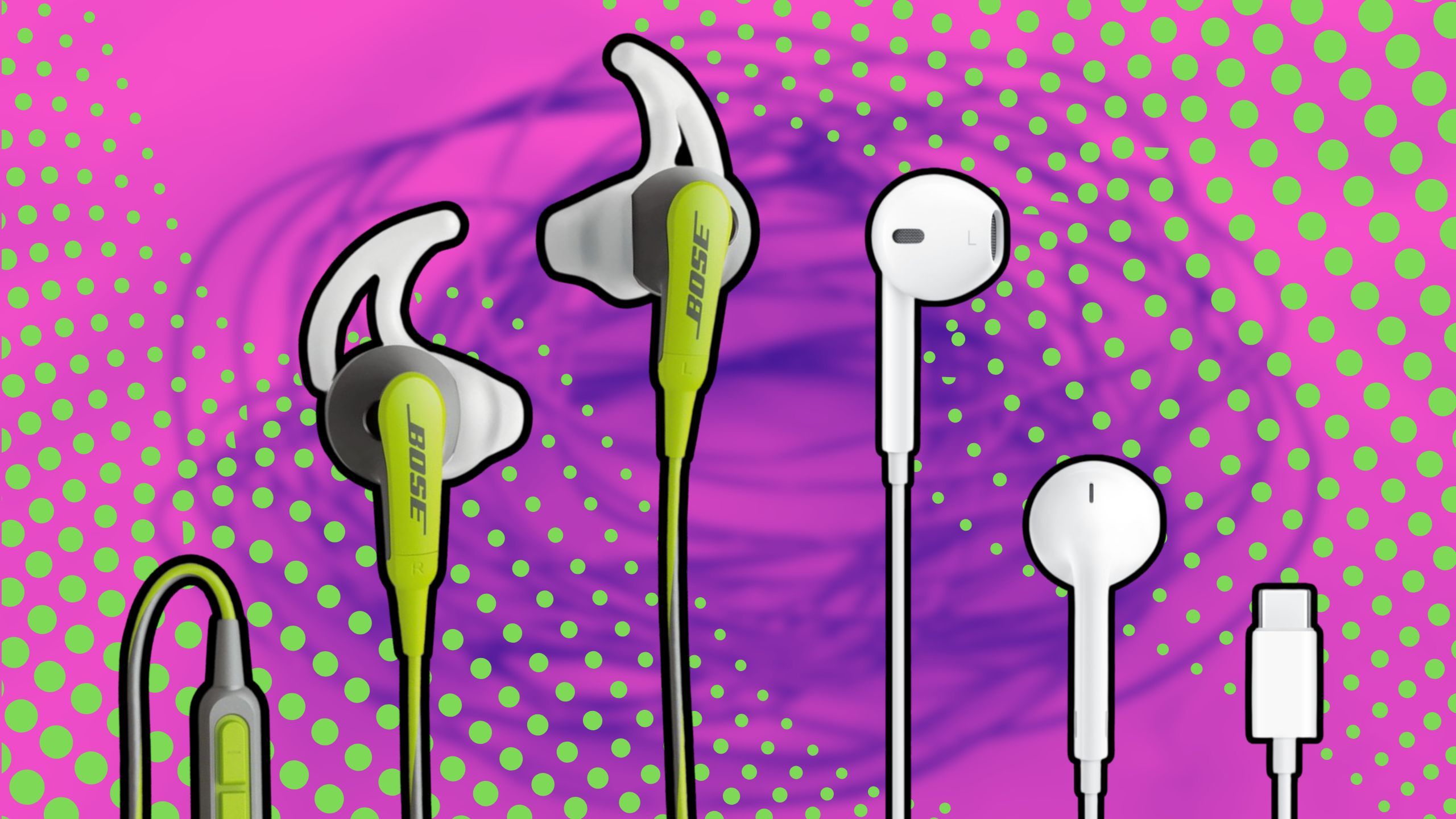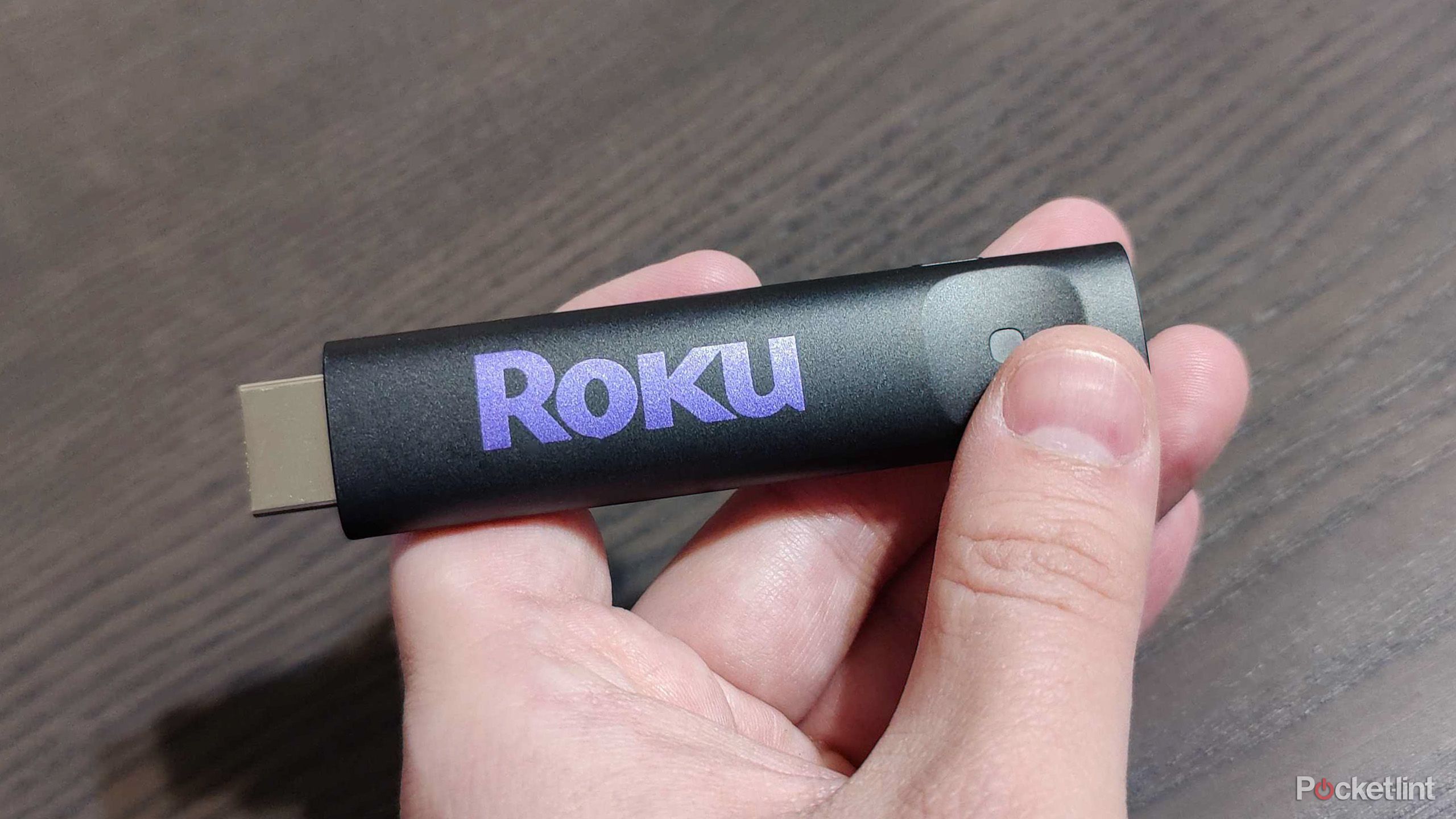What is Bluetooth LE Audio and why does it matter? Higher quality, audio sharing and more
It was over two decades ago, in 1999, that Bluetooth first appeared, revolutionising wireless connectivity over short distances. These days, many people use Bluetooth wireless to listen to music, alongside Bluetooth LE (Low Energy) for their accessories to communicate with one another.
We’ve had many Bluetooth advancements over the years – the most recent, Bluetooth 5, increased the range – and in 2020 Bluetooth evolved once more, with Bluetooth LE Audio. But what is this new technology and what does it offer?
Improved quality
The biggest take-away that the average user is going to get from Bluetooth LE Audio is that it offers higher-quality audio potential. It’s a win for wireless headphones users.
Bluetooth SIG (Special Interest Group) claims up to a 50 per cent boost in quality over existing Bluetooth, achieved using a new codec (Low Complexity Communications Codec, or LC3), which, in Laymen’s terms, is the way data is packaged up and transferred most efficiently over a wireless connection.
And there’s nothing to lose: LE Audio doesn’t use a new frequency to existing Bluetooth, it doesn’t require more data to be sent or received, it doesn’t need more power.
Better earbuds connections
In what Bluetooth SIG is calling Multi-Stream Audio for Better Earbuds, Bluetooth LE Audio is also capable of connecting independently to multiple devices, in sync.
This will benefit future wireless headphones, where both left and right sides will offer independent connectivity. Right now, most earbuds connect via Bluetooth to one earbud, the other acting as a ‘slave’ – which can sometimes cause drop-outs and issues.
Unlimited device connections
Extending on the above technology, there’s also Broadcast Audio for Audio Sharing, which enables an audio source – your smartphone, let’s say – to broadcast to an unlimited number of Bluetooth devices. So if you’re on the train and want to share that podcast from your phone to a few (or many) of your mates’ headphones, LE Audio enables this.
This expands well beyond just personal listening too; a venue, such as a museum, might offer a Bluetooth stream to tune into when walking around the space; a late-night festival might offer a bring-your-own-headphones silent disco; airports could offer banded flight announcements to interrupt your music stream for your flight announcements only. There’s a lot of possibility here.
Hearing aids
The last new focus point is to benefit the deaf and hard of hearing community. LE Audio can be used in advanced Bluetooth hearing aid products, enabling wireless calling, listening and watching for those who require assistance to hear.
When and where can I get BT LE Audio?
Although LE Audio operates on the same Bluetooth Low Energy (LE) radio, you will need the relevant hardware in products for LE Audio to be capable, i.e. your older earphones aren’t going to improve overnight via an over-the-air update, you’ll likely need to buy a new, specific product to gain benefit.
The good news is that more recent Bluetooth 5.2 compatible headphones are likely to work with Bluetooth LE audio.
There’s lots of stuff going on behind the scenes, Android 12 introduced API support for Bluetooth LE audio and Android 13 is tipped to bring full support – so we may not have too much longer to wait.




